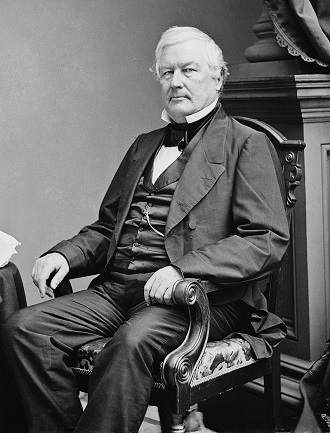“The struggle that then took place, was truly the first of the revolutionary struggles that would ignite the South. Not since the enlightened guidance of Nat Turner had those held in bondage seen such light shining forth. While it would be a long struggle until the true liberation we enjoy today was found, it is without a doubt that any historian can trace it to this divinely inspired passage that it began…
This news spread like wildfire across the North and South, and then to the Palaces of Europe across the Atlantic. Predictably, the aristocrats of the South would deride it as inhuman and unfair and step up their oppression. The Lords of Europe of course, fearing as they do now the true and proper light of God given liberty, sneered at its contents and looked down their noses upon us. But we of bonded blood knew better.
First steps are always the most important, and who could deny that this true chance at freedom did not make more than one man simply dash for freedom as so many of our ancestors can attest?” The First Emancipation, Abraham Carver, Booker University, Alabama, 1930




